If you have a pot that needs stirring, call Donald Trump.
A couple of days ago Trump made heads explode when he claimed (among other things) that Volodymyr Zelensky was “a dictator without elections” who started the war with Russia.
“Oh my God, can you believe it? Trump doesn’t know Russia was the aggressor in the war. What an idiot.”
The BBC, CNN and many other news sites ran little “fact-checking” stories. Politicians dusted off their most serious faces to deplore Trump’s lies/exaggerations (the US hasn’t given $350 billion to Ukraine, it was “only” $180 billion or whatever)/historical ignorance. “Ukraine did not start the war,” CNN intoned. “Russia started the war by invading Ukraine in 2022.”
Well, Russia did invade Ukraine in 2022. But is that when the war started?
“OK, it really started in 2014 during the Maidan protests when Russia snatched Crimea.”
Do you think so?
I think that the national security analyst Mario Loyola is right that the conflict started much earlier, in the aftermath of the Soviet Union’s implosion in 1991.
In an important essay for the Federalist from 2022, Loyola points out that Ukraine and Crimea gradually and separately became part of Russia beginning in the seventeenth century. “Ukraine came in stages as Poland waned in territory,” he notes, “with the areas east of the Dnieper River firmly in Russian hands by the time of Peter the Great, while Crimea was captured from the Ottoman Turks.”
Jump forward to the period after World War Two. “The Soviets wanted to give the impression of a diverse coalition of states, particularly in order to justify their demand for multiple seats at the United Nations, so Ukraine was presented to the world as a powerful Soviet Socialist Republic.” Then in 1954, Khrushchev, himself a Ukrainian, ceded territory and nominal control of military forces to Ukraine but, “it was all a show, because everyone knew the Kremlin retained total control:
When those borders suddenly became “real” in 1991, amidst the collapse of the Soviet Union, Kiev found itself in control of a nuclear arsenal, the Black Sea fleet, Russia’s most important commercial and naval ports in the world (Odessa and Sevastopol), and tens of millions of Russians. US diplomats realized the situation was dangerously untenable, and quickly pressed Kiev to return the nuclear arsenal and Black Sea fleet to Russia. Unfortunately, the adjustments stopped there, leaving Ukraine with a bigger bite of Russia than it could safely chew.
Was Ukraine strong enough to maintain both its territorial integrity and its political independence? That is the question that Loyola asks. History has answered with a resounding no. “Ukraine had no problem controlling the territory as long as it accepted Moscow’s control,” Loyola points out. “But the moment it definitively broke away from Moscow in 2014, it immediately lost control of those areas that were most vital to Russian interests, and nobody with an even minimal sense of Russian and Ukrainian history can pretend to have been taken by surprise.”
The fate of Ukraine is one of those subjects that seems automatically to induce moralist posturing all around. A couple of points. One can acknowledge that Russia is an aggressor while still admitting that it has real and legitimate interests. Should we support the idea of Ukrainian membership in NATO? I think that Loyola is correct: “the idea of NATO membership for Ukraine, while it still claims sovereignty over Russia’s most important naval base in the world, is both preposterous and needlessly provocative.” Russia may, as Loyola notes, be a “malign force in the world.” But that does not mean that it is without genuine political interests and real grievances. It’s fun to denounce Vladimir Putin as a “war criminal” and all-round bad hat. It allows one to bask in the glow of one’s superior moral fiber. But as Henry Kissinger observed, “The demonization of Vladimir Putin is not a policy, it is an alibi for the absence of one.”
The larger point, however, brings me back to the pot-stirrer in chief. Donald Trump’s comments about Ukraine and Zelensky sent the commentariat (and Zelensky himself) around the bend. But what if it was a gambit designed to bring about the peace he promised to bring to the region? And what if, despite the grumbling and grandstanding of the talking heads, it succeeds?



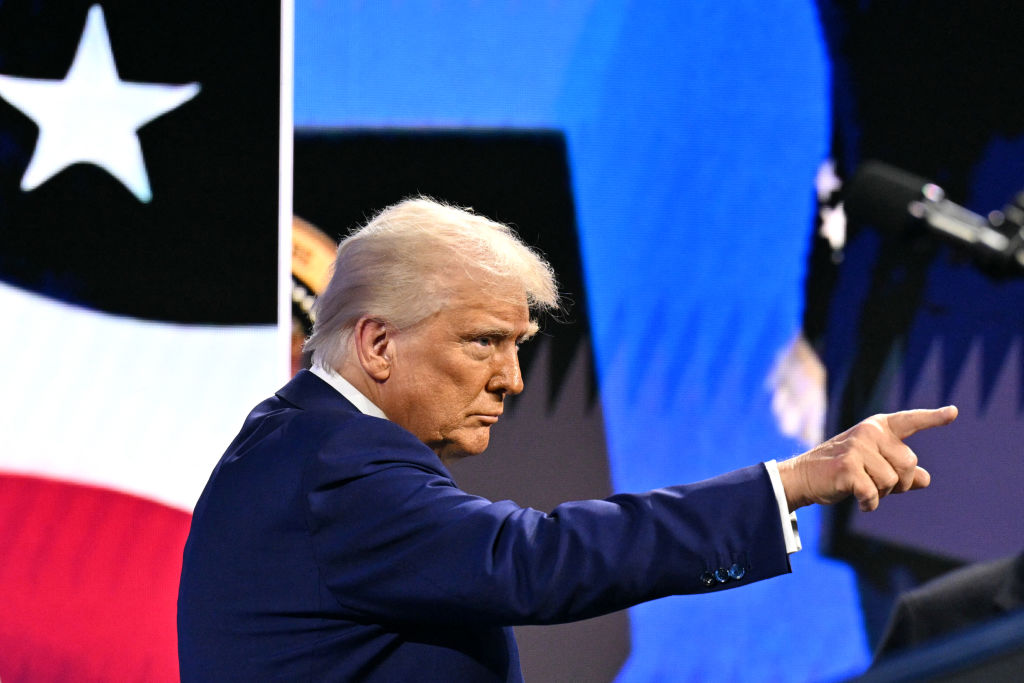






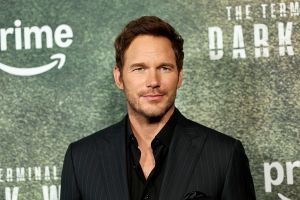
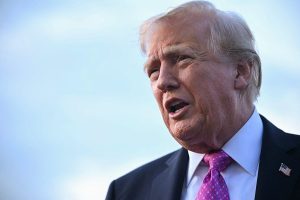

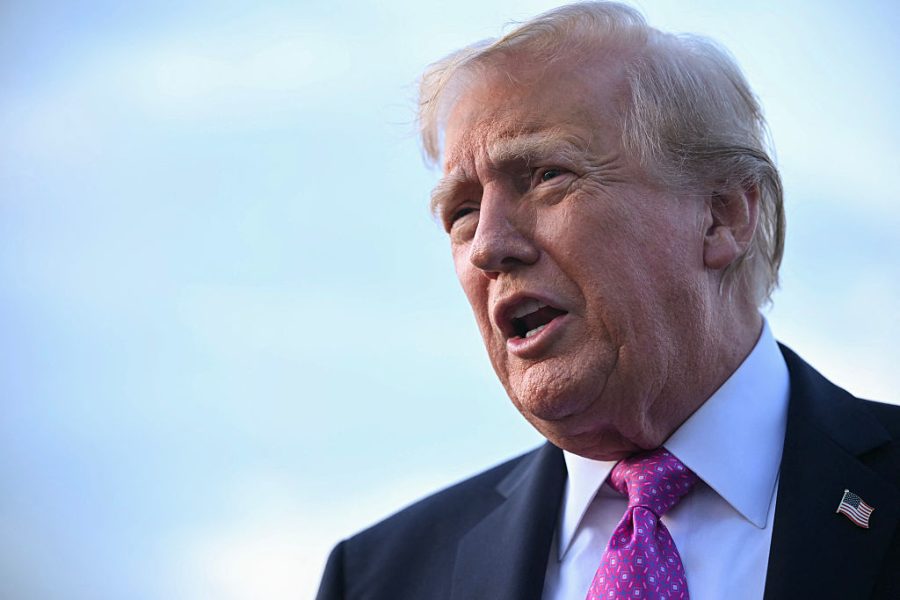
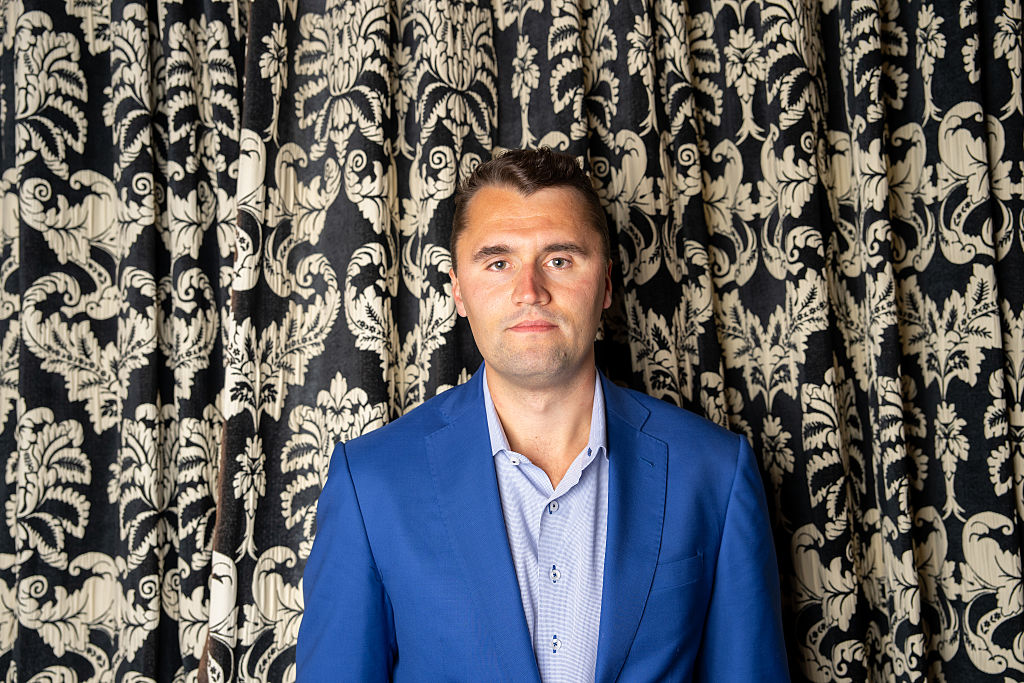

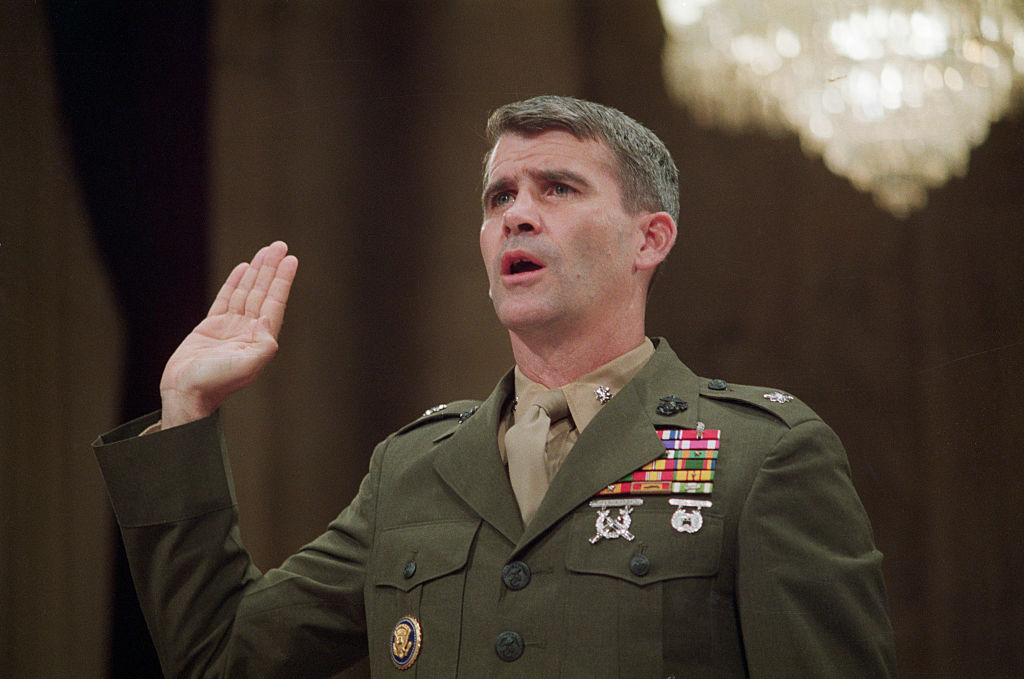
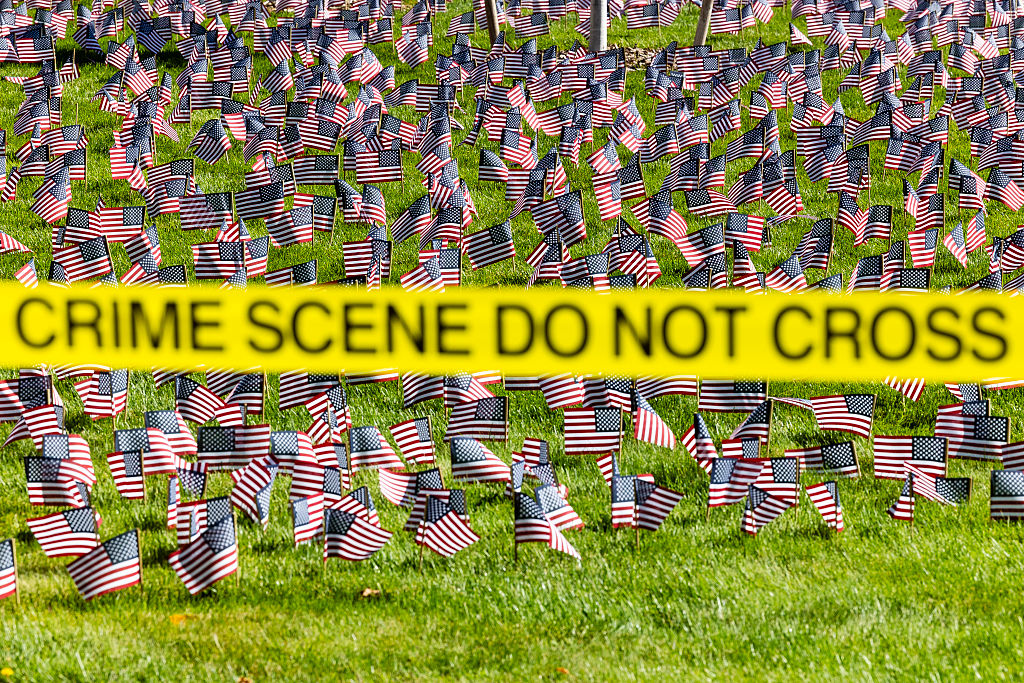
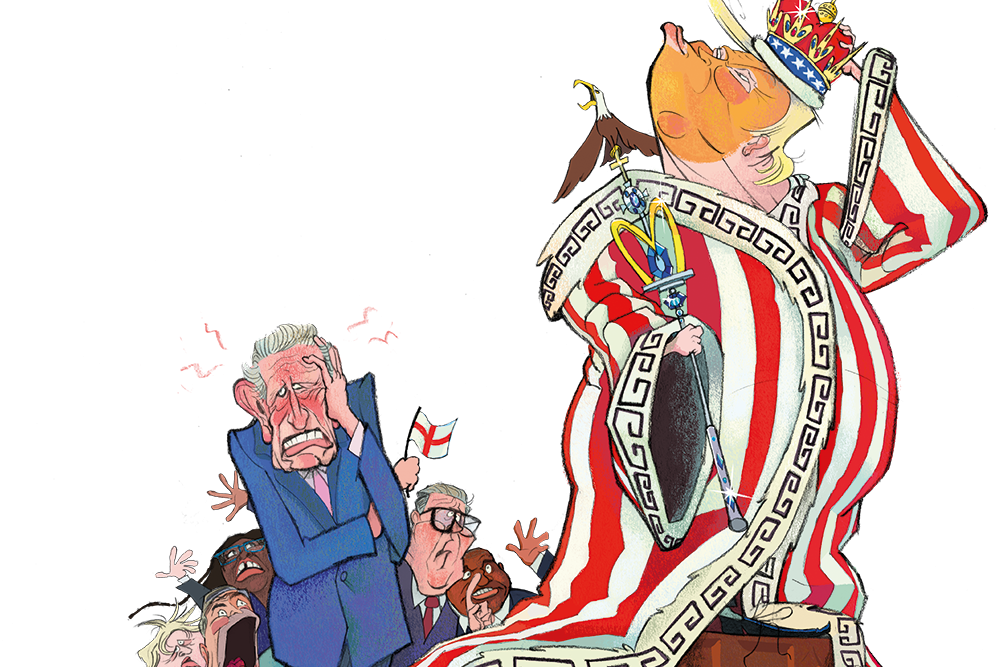







Leave a Reply